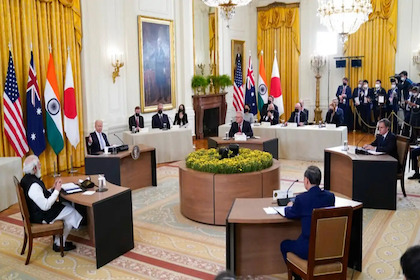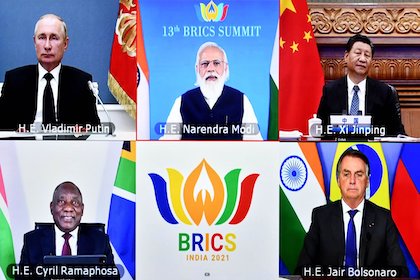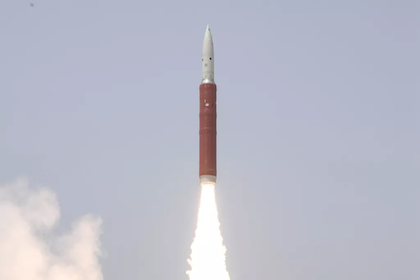Growing locally
Geographical Indication (GI) tags can be ready revenue generators today, especially for India. The country's robust global e-commerce system and recent domestic drone policy can help build a strong GI ecosystem and boost India's soft power. The government must lend its support to the industry, learning from European and Chinese examples.










